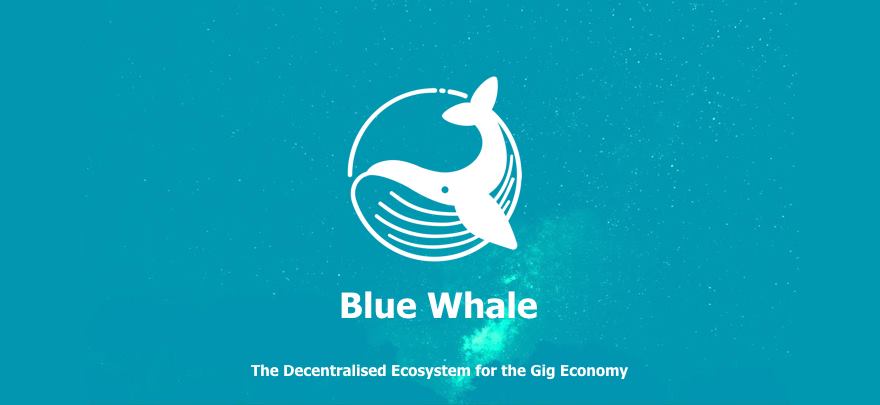A company is creating a decentralized environment for freelancers to make self-employment secure and beneficial.
Disclosure: This is a Sponsored Article
The Blue Whale Foundation says the gig and sharing economies are thriving, but the growing number of freelancers in these industries face multiple challenges. In part, this is because those working on peer-to-peer platforms, such as Uber and Airbnb, are not always counted as actual employees.
Growing demand for freelancers
According to Forbes, freelancers will make up 53 percent of the US workforce in just a decade, meaning a radical rethink on how workers are treated is required. A report by McKinsey & Company “A labour market that works: Connecting talent with opportunity in the digital age” indicates that the matching activity conducted by such digital marketplace platforms are projected to add $2.7 trillion to global GDP by 2025. This is about the size of the entire UK’s GDP or the entire South East Asia GDP.
Based in Singapore, The Blue Whale Foundation says many small and medium-sized enterprises are struggling to prosper because of the exorbitant cost of marketing and advertising. Meanwhile, the self-employed are left frustrated by a lack of benefits, such as paid time off and pensions, that their salaried counterparts receive. On top of this, the platforms they use to find work often charge extremely high fees, eating into earnings.
The pillars of The Blue Whale Foundation
Using The Blue Whale Foundation’s WORK (Worker Optimized Reward Keeper) system, decentralized apps can launch their own Blockchain platform. The system is based on three pillars.
The first component is the Contribution Activity Manager (CAM) – a tool intended to build a self-governing community where rewards and employment benefits are distributed transparently between users. This facilitates the Arbitration system – a council of selected freelancers and customers who meet the prerequisite score threshold – and the Verification system, when users inspect freelancers for authenticity. Each user is appraised and scored, making his or her reputation see-through.
The second pillar is the Decentralized Associated Network (DAN). Partners install SaaS (Software as a Service) tools, such as booking and scheduling software, onto websites and social media. It then collects user data and provides relevant ads, turning them into conversion via the Machine Learning and Data Analytics that large companies such as Google AdWords currently use.
Finally, the Reward Bank – known as ReBa – ensures transparency when payouts of Blue Whale eXchange (BWX) tokens are made. Deposits in the Reward Bank can be utilized by freelancers as pensions and sick leave payments.
Making a living with The Blue Whale Foundation
The Blue Whale Foundation wants to give freelancers the opportunity to grow – working independently while enjoying similar benefits to those working in traditional employment. Meanwhile, customers benefit from verification and auditing systems which help them obtain proper service from rated professionals.
It has forged a partnership with a marketplace known as Verlocal, which is already in use in the US, Canada and Singapore. It allows SMEs to lower their monthly advertising bills considerably – from $70,000 to $4,000 in some circumstances.
The company believes there are many uses for its platform – from getting hair done to hiring a city guide or a driver while on vacation. Both service providers and their customers leave ratings at the conclusion of every transaction, with both parties receiving BWX tokens as a reward.
The first ICO on ICON Blockchain
The Blue Whale Foundation is becoming the first ICO on the ICON network and is supported by its team. The public sale will begin in May.

